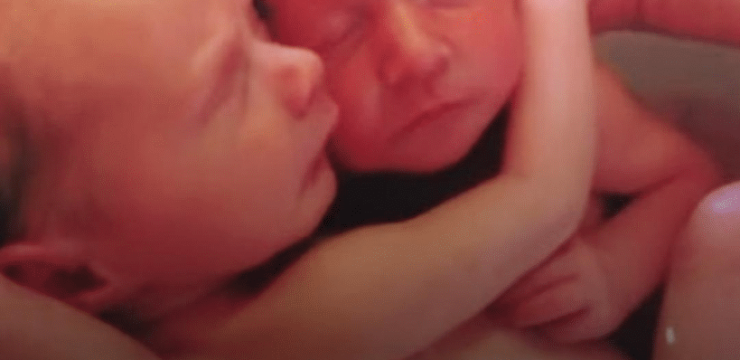Dogs aren’t just animals we bring into our homes—they’re family. They give us loyalty, comfort, and love without asking for much in return. They walk beside us through every season of life, from the happiest celebrations to the quietest heartbreaks. That’s why watching your beloved dog grow old or become seriously ill is such a deeply emotional experience.

As hard as it is to face, dogs have a shorter time with us than we’d like, and knowing when their journey is nearing the end can help you ensure their final days are filled with peace, love, and dignity. One of the earliest signs that your dog may be declining is a noticeable drop in energy. If your pup who used to race to the door for a walk now just watches you from their bed, it might mean their body is starting to slow down. This lack of interest in previously loved activities is often one of the first red flags. You might also notice mood swings or behavioral changes. Some dogs may suddenly become clingy, refusing to leave your side, while others may retreat and seek quiet alone time.
Confusion, fearfulness, or uncharacteristic aggression can also show up during this stage. Changes in bodily functions are another serious sign. If your dog begins having trouble with bladder or bowel control, frequently has accidents, or struggles to stand or walk, it may be due to weakening muscles or organ failure. These physical limitations often point to underlying health issues that are worsening. Loss of appetite and refusal to drink water are other major concerns. When a dog stops eating or drinking, it’s often because they’re in pain, nauseous, or simply too weak. This can quickly lead to dehydration and malnutrition, which adds to their discomfort and speeds up the decline. Extreme fatigue is also common. Dogs nearing the end may sleep more than usual and seem less responsive to things happening around them.
If your dog appears uninterested in getting up, even for food or affection, it could mean their body is shutting down. Digestive issues, such as persistent vomiting, diarrhea, or signs of nausea, should never be ignored. Occasional stomach upset happens, but if these symptoms become frequent or severe, they could be signs of internal problems that need immediate medical attention. Breathing difficulties are another alarming sign. If your dog is breathing heavily, coughing, wheezing, or seems to struggle to catch their breath, it may be due to fluid in the lungs, heart disease, or other serious conditions. These symptoms should prompt a vet visit right away. Changes in gum color can also be revealing. Healthy gums are typically a nice pink. If your dog’s gums turn pale, bluish, or grayish, it could indicate poor circulation, oxygen deprivation, or even anemia—conditions that often accompany critical health decline. Seizures or trembling episodes can be very frightening for both you and your pet.
These can be caused by neurological issues or toxic buildup in the body. If your dog experiences a seizure, even if brief, it’s important to get them checked by a vet as soon as possible. Unusual body odors or skin issues may also arise. A dog’s scent may change due to infections or shifts in body chemistry as their health deteriorates. Their coat might lose its shine, or you may notice sores, lumps, or other unusual skin changes that weren’t present before. Finally, if your dog stops showing interest in their favorite things—like toys, treats, belly rubs, or even your voice—it could be their way of emotionally preparing to let go. This physical and emotional withdrawal is often one of the clearest signals that your dog is nearing the end. While it’s devastating to recognize these signs, it also gives you the opportunity to make thoughtful, compassionate choices. Speak with your veterinarian to understand your options, offer extra comfort and care, and do whatever you can to make their remaining time calm and loving. Let them feel safe and surrounded by the people they trust most. After all the loyalty and love they’ve given you, they deserve a gentle goodbye. Even in their final days, your presence, touch, and voice matter more than anything. So hold them close, cherish every moment, and give them the peaceful farewell they’ve earned with their years of unconditional love.





